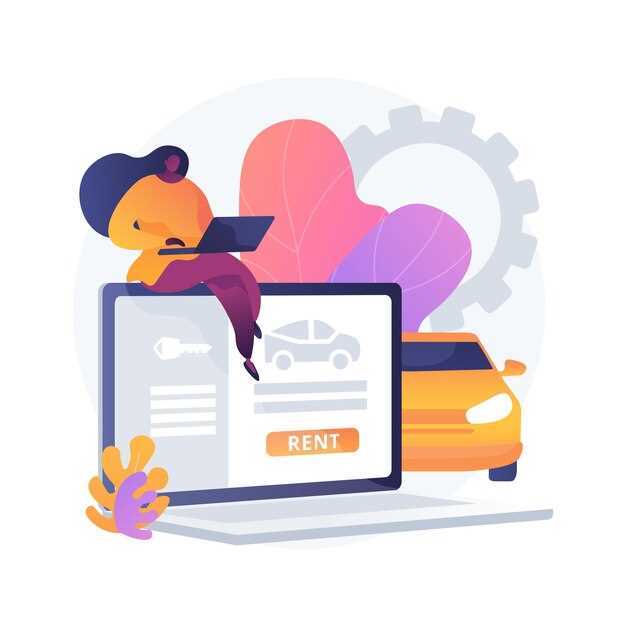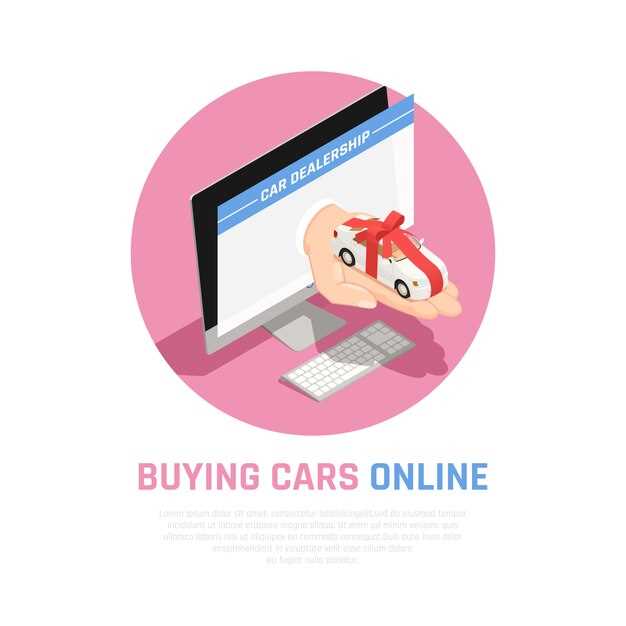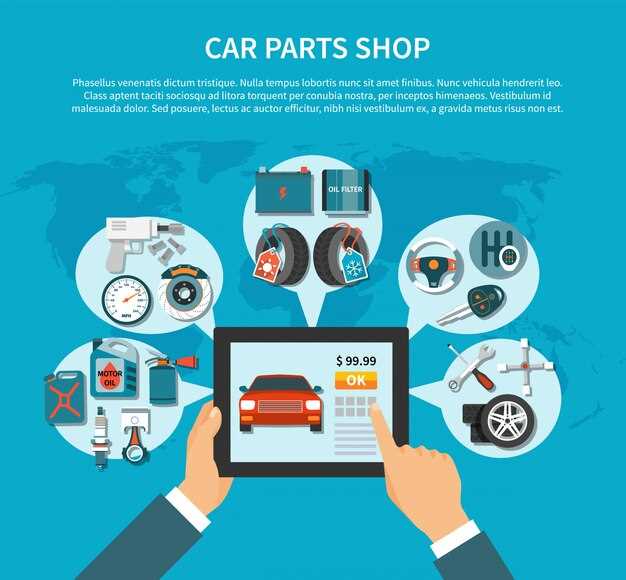Online car shopping – tips for buyers

In today’s digital age, online shopping has transformed the way consumers approach significant purchases, including cars. The process of buying a used vehicle online can be both exciting and overwhelming, especially for first-time buyers. With a plethora of options available at the click of a button, it’s crucial to navigate this landscape wisely to ensure a satisfactory purchase.
When engaging in online car shopping, knowledge is your best ally. It’s important to research extensively, compare prices, and understand the market value of the used cars you’re considering. This approach not only helps in making informed decisions but also empowers you to negotiate better deals, putting you in the driver’s seat of the buying process.
Additionally, examining the vehicle history and leveraging online reviews can provide insights that might not be apparent at first glance. By implementing these smart tips, you can enhance your purchasing experience and drive away with a vehicle that meets your needs and budget.
How to Research the Best Used Cars for Your Budget

When it comes to online shopping for used cars, conducting thorough research is crucial to find the best options that fit your budget. Start by determining your financial limits, including the total purchase price and ongoing expenses such as insurance, maintenance, and fuel. This will help narrow down your choices effectively.
Next, utilize online platforms that specialize in used car listings. Websites like AutoTrader, Cars.com, and CarGurus offer valuable tools to filter your search by price, make, model, and mileage, making it easier to identify vehicles that meet your criteria. Take advantage of these resources to compile a list of potential cars.
Once you have a selection of cars, delve deeper into their reviews and ratings. Websites such as Edmunds and Kelley Blue Book provide insights into each model’s performance, reliability, and common issues, helping you make an informed decision. Pay attention to user reviews, as they reflect real-world experiences that can reveal potential drawbacks.
Moreover, consider using vehicle history report services like Carfax or AutoCheck. These reports provide information on past accidents, title status, and service history, which can be pivotal in assessing the value of a used car and avoiding potential pitfalls.
Finally, compare prices of similar models in your area to ensure you’re getting a fair deal. Online marketplaces often allow you to see the going rate for the car you’re interested in, so leverage this information to negotiate with sellers confidently. The more informed you are, the better your chances of making a wise investment in a used car that meets your budget and requirements.
Key Questions to Ask Before Finalizing an Online Purchase
When buying used cars online, it’s essential to gather as much information as possible to ensure you make a sound investment. Here are some critical questions to consider before making your purchase:
1. What is the vehicle’s history? Always ask for a comprehensive vehicle history report. This report should include information about previous accidents, title status, mileage discrepancies, and any records of service or maintenance. Knowing the car’s history can help you avoid potential pitfalls.
2. Can I get detailed photos and videos? Request high-quality images from multiple angles and, if possible, a video of the car in action. This will help you assess the car’s condition more accurately. Look for signs of wear, rust, or any interior damage that could indicate potential problems.
3. Has the car undergone a recent inspection? Inquire whether the vehicle has been inspected by a certified mechanic. An inspection report can provide valuable insights into the car’s mechanical condition and any necessary repairs that may be needed soon after purchase.
4. What is the return policy? Understand the seller’s return policy. Knowing your options if the car does not meet your expectations or if unexpected issues arise after purchase is crucial for your overall peace of mind.
5. Are there additional fees? Clarify any additional fees that may not be included in the listed price, such as taxes, registration, or shipping costs. Being aware of the total amount you’ll need to pay will help you budget effectively.
6. Can I arrange for an independent inspection? Always consider arranging an independent inspection before finalizing your purchase. A neutral third party can provide an unbiased assessment of the car, highlighting any issues you might have overlooked.
7. What are the terms of the warranty? If the car comes with a warranty, understand what it covers and for how long. If you’re buying from a dealer, check if they offer any additional warranties for peace of mind.
8. How does the price compare to similar models? Research comparable models and their prices to determine whether the asking price is fair. Use online resources to value the car based on condition, mileage, and location.
Asking these key questions can help you make an informed decision when shopping for used cars online, ultimately leading to a successful purchase.
Best Practices for Inspecting and Testing Used Cars Virtually

Buying used cars online can be an effective way to find the vehicle you need, but it requires careful inspection and assessment to avoid pitfalls. Here are some best practices to follow when inspecting and testing used cars virtually.
1. Request Detailed Photos: Ask the seller for high-resolution images from various angles. Focus on wheels, tires, and undercarriage, as these areas reveal potential issues that may not be obvious in standard shots.
2. Review the Vehicle History Report: Obtain a vehicle history report from services like Carfax or AutoCheck. This report provides crucial information about past accidents, title status, and service history that can influence your buying decision.
3. Conduct a Virtual Walkaround: Schedule a live video call with the seller. This allows you to request a real-time inspection. Ask them to showcase specific parts of the car and highlight any areas of concern.
4. Test Drive Arrangements: If possible, arrange a test drive once you receive the vehicle. Ideally, have it delivered for a local mechanic to inspect. If not, inquire about the possibility of conducting a remote assessment by a qualified inspector.
5. Ask About Recent Maintenance: Inquire about any recent repairs or maintenance tasks performed on the vehicle. Knowing whether the timing belt or brakes have been replaced recently can save you from unexpected expenses later.
6. Ensure Warranty or Return Options: Verify if the vehicle comes with any warranty or return policy. This provides extra security should the car not meet your expectations after purchase.
7. Compare Similar Listings: Look at comparable listings to gauge the market value of the vehicle you’re interested in. This helps ensure you’re not overpaying and can provide leverage in negotiations.
By following these best practices, you can enhance your online car shopping experience, making it safer and more reliable when dealing with used cars.

